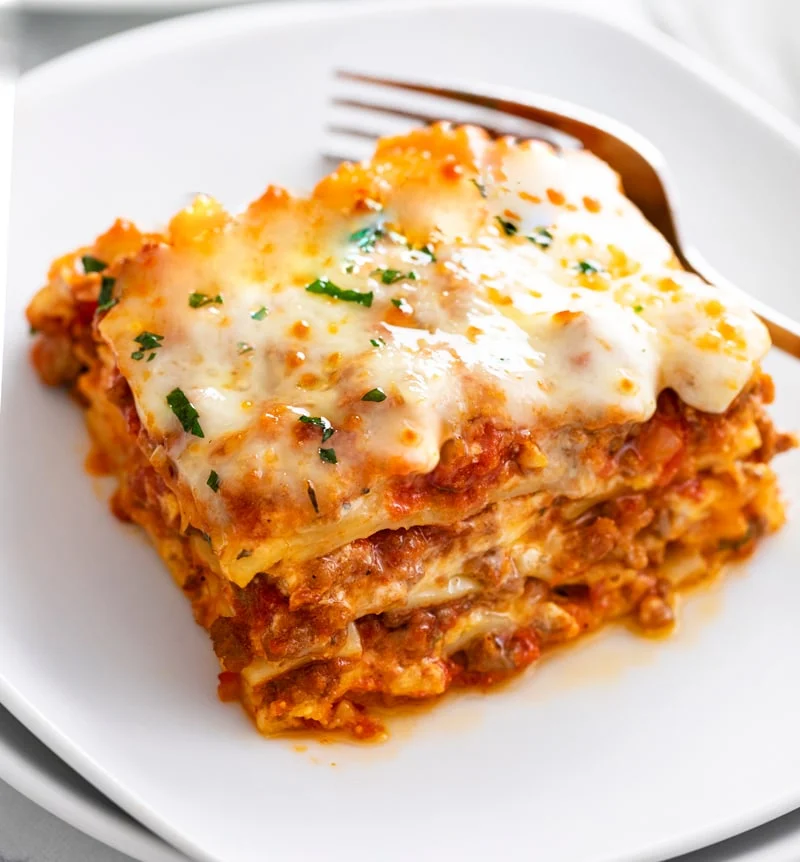
What Are Ultra-Processed Foods?
We are all aware that freshly cooked, nutritionally balanced meals and snacks are healthier for us, and that processed foods should be limited to the odd indulgence. The phrase 'junk food' has been used since the 1970s, and specialists are increasingly urging us to avoid ultra-processed foods, or UPFs. The phrase was coined in 2009 by a group of Brazilian academics who described UPFs as the most industrially damaged foods. Their lengthy ingredient lists might be confusing, with items like palm sterate, partly reconstituted whey powder, and maltodextrin.
What's The Big Problem?
Finally, these elements were synthesized for cheap cost and convenience, then used in sophisticated formulations to create 'hyperpalatable' snacks and meals. "This processing completely changes the structure of food," explains certified dietitian Dr Lucy Williams. "We need food to actually work for us; it drives our biology so it needs to fuel us, rather than just satisfy our appetite." UPFs replace healthy items in our diets, filling us full (and driving us to overeat) without providing us with critical nutrients.
How Do We Avoid Them?
However, it is quite difficult to completely eliminate UPFs unless you are ready to drastically change your lifestyle. It's hardly surprising that we've gotten so reliant on industrially prepared meals, which are designed to fit into our hectic schedules and low budgets. We can purchase more thoughtfully. "My rule of thumb is to look at the label," Lucy explains. "If you don't recognise an ingredient as one you'd put in your kitchen cupboard, do you really want to be eating it?"
Bread
:strip_icc()/BHG-milk-bread-4CdeIL1uKGyB5ryU8J_EED-aaa76729c86a413ca7500029edba79f0.jpg)
It's omnipresent in our meals, yet the great majority of bread on shop shelves and in pre-packaged sandwiches is UPF. "Industrially produced bread has a lot of refined carbs, shelf-life additives, and added yeasts," explains Lucy, who believes the powerful commercial yeasts continue to ferment in the stomach, causing some people discomfort. Check labels or create your own. True sourdough is prepared just from flour, salt, and water; any other additives may indicate that you're purchasing a UPF imitation, or'sourfaux'.
Chicken Nuggets
This childhood favorite, which is frequently promoted as being made entirely of breast flesh, is not necessarily what it appears. Technically known as a 'comminuted meat product', which implies it has been reconstructed from microscopic fragments, the soft bites often contain roughly 50% genuine meat. In reality, US research discovered that levels of true lean muscle are frequently substantially lower. The fried, refined wheat coating contains a significant amount of refined vegetable oil, another ultra-processed component.
Chocolate Biscuits
Chocolate itself is not a UPF, but the type found in or on the ordinary cookie is almost probably one, as it contains processed fats, sugar, and emulsifiers. When you add the ingredients for the bake itself, you have an issue. "Once in our gut, the additives and high sugar content make a really poor environment for our digestive microbes," Lucy said. This valuable microbial community influences everything from our levels of disease-causing inflammation and immune system to our mood
Chocolate Spread
Aside from a large amount of sugar and other processed components, this toast topping nearly usually contains palm oil, which has a poor image due to the deforestation caused by palm farms. There is another reason to avoid it, however. "When freshly pressed, it's an almost luminous crimson, highly aromatic, spicy and flavourful, and full of antioxidants like palm tocotrienol," explains infectious disease expert and documentary maker Dr Chris Van Tulleken, adding that the palm oil used in UPFs is'refined, bleached, and deodorized'.
Read Also: Delicious Sweet Potato Casserole
Crisps
Deep-fried slices of raw potato seasoned with a little salt are a manufactured luxury, but reconstituted starch or puffed maize treats with tongue-shocking flavors are what many of us want. So, after we've popped, why is it so difficult to stop? According to research, the flavor enhancers (monosodium glutamate, for example) that are commonly used in these ultra-processed crisps help turn a nutritionally empty puff of flour into something we can't resist.
Faux Meats

As you might expect, it's typically when a natural element is synthesized that meals become a 'industrially manufactured edible material', to quote Fernanda Rauber, one of the early Brazilian researchers investigating into UPFs. The ensuing items, such as artificial meats, may be both aspirational and pricey. Plant-based meat substitute labels should be carefully read because they are frequently lower in fiber and higher in saturated fat, salt, and sugar than simpler choices such as tempeh and tofu.
Fizzy Drinks
The sugar tax has done an excellent job of motivating producers to reformulate beverages, but be sure to check what's currently sweetening your favorite fizzy pop. "Artificial sweeteners are a big no for me," adds Lucy, citing a spate of recent data indicating harmful effects on the all-important gut microbiota, as well as implications for how our bodies metabolize carbohydrates. If aspartame, sucralose, acesulfame K, saccharin, or other popular sweeteners appear on the label, look for alternatives.
.

.jpg)
.jpg)




